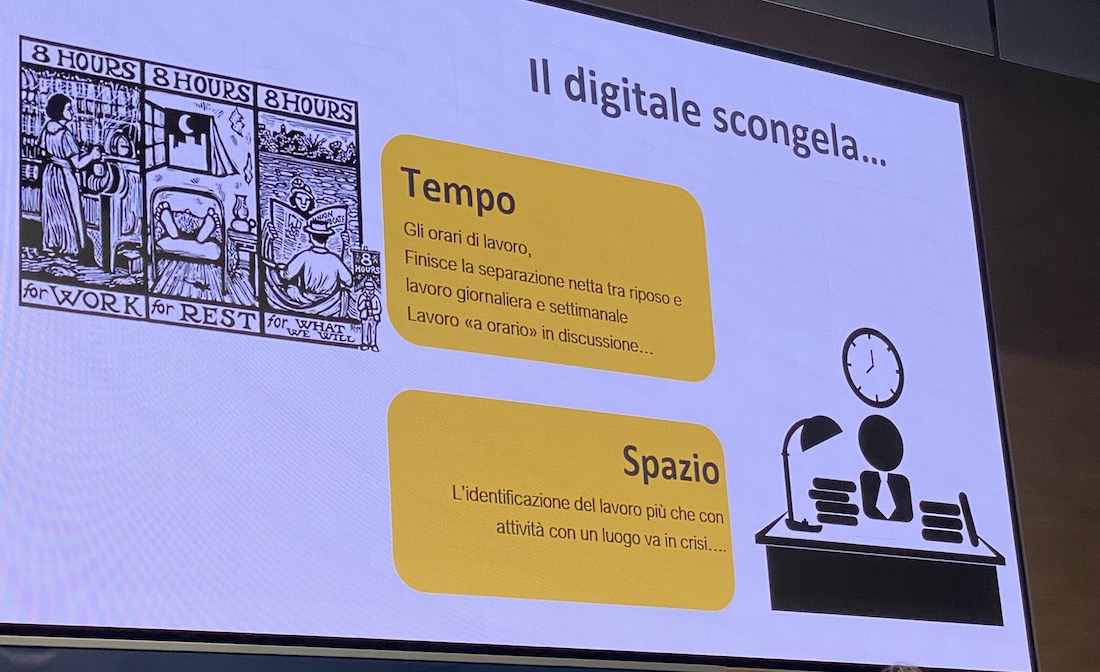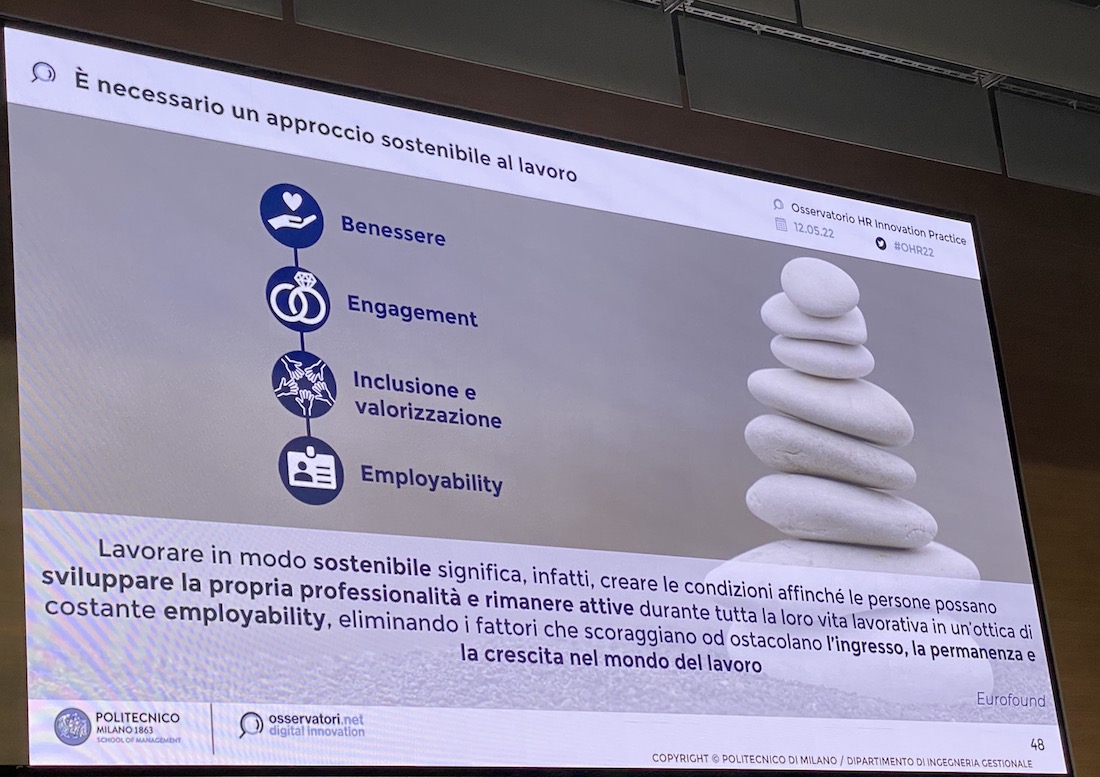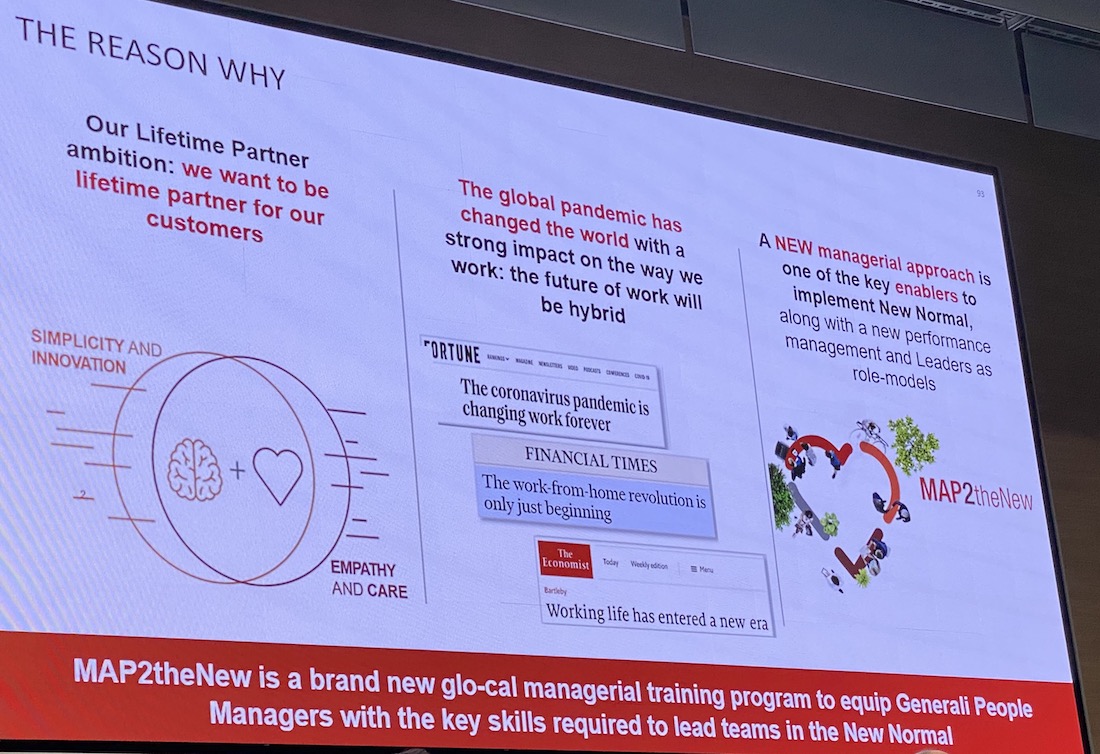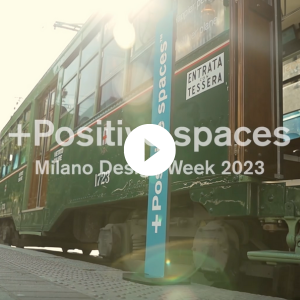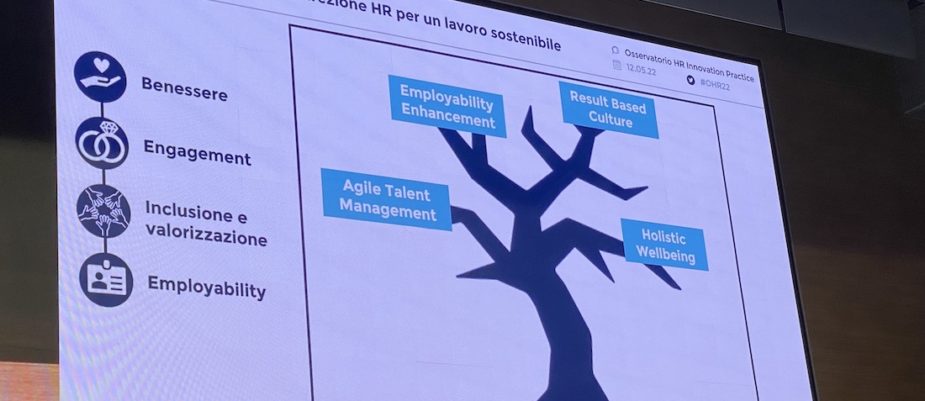
After the blockade imposed by the pandemic, Human Resource Managers discover a completely changed market and seek new avenues for employer branding, to attract new talent and also to motivate employees to return to the office.
The research carried out by the Osservatorio HR Innovation Practice of the School of Management of the Politecnico di Milano shows that the phenomenon of Great Resignations also affects Italy: 45% of the employed declare that they have changed jobs in the last year or that they intend to do so in the next 18 months.
The reasons do not concern only the economic aspects, but also the search for psychophysical wellbeing.
And the quality and comfort of the office have a new weight. The pandemic seems to have changed people’s expectations, lowered the tolerance threshold and generated the need of giving space to one’s growth, giving meaning to work.
The pandemic has contributed to making some challenges more urgent, such as the development of digital skills and professionalism and the centrality of the person. It is no coincidence that among the most debated topics of the last period we find the phenomenon of the great resignations and the increase in burnout.
Research data from the Osservatorio HR Innovation Practice, presented at a conference at PoliMi, reveal a completely changed world of work and the need to give answers to the existential questions that people ask themselves.
“Resignations in Italy are the mirror of two related phenomena: the growing malaise of workers, often not adequately identified by organizations, and the desire to give a new meaning to work; many people today change even at lower economic conditions, following personal passions and interests or achieve greater flexibility. Of lesser importance, compared to what is documented in other countries such as the USA, is instead the desire to completely abandon the world of work, indicated in Italy as a reason for possible resignations by only 6%
In this context, which is putting the labor market and traditional organizational models in crisis, the role of the HR Department is fundamental, which requires a leadership function to bring the organization to a “sustainable” work model, which at the center the wellbeing of workers, their involvement and their employability.”, explains Mariano Corso, Responsible of the Osservatorio HR Innovation Practice .
As Marco Bentivogli (National Coordinator, Base Italia) observes “Digital is an enabling element, but it is not sufficient to give meaning, a value to work“.
The way is to focus on the person. The work-life balance is no longer enough. The challenge for HR is therefore to use the same logic used to attract customers also to attract and engage employees. It takes the name of “Connected People Care”.
Chiara Bisconti (MIP teacher, HR) observes that the pandemic has marked a rift in the history of work, has questioned the patriarchal model and consolidated management styles. She invites us to use approaches based on kindness and willingness to build new paths together.
Luba Manolova (Director of the Microsoft 365 Division) confirms that many employees are not yet ready to return to the office and an internal research shows that 54% of employees have changed their values and put wellbeing first.
Mauro Magni (Senior Transformation Consultant, CoachHub) argues that we need to work on resilience to increase wellbeing and talks about coaching and stress management as useful tools also in terms of engagement and attractiveness.
Chiara Bacilieri (Head of Data, Lifeed) stresses that even training can no longer be the traditional one and that more importance must be given to “Widespread talent”. Experiences and places outside of work must be considered potential and enrich the company because people are looking for more and more creative ways to stay at work.
The importance of the workplace.
All the speakers highlighted the value of the office as a work tool and the need to readjust it to the hybrid context.
Rethinking spaces is one of the elements to attract, not only because a comfortable place is important for 15% of people, but above all because space has a great evocative power.
It is not just a question of making it more welcoming but of rethinking it based on the activities, in order to make it a tool to stimulate sharing.
The data collected also question what seemed to be a consolidated paradigm (people stay at home for concentration activities and go to the office to share and teamwork): in reality, the same percentage prefer to stay at home to concentrate and those who instead go to the office to concentrate, as emerges from a Microsoft’s internal research.
People’s experience is extremely important and must be taken into consideration to make the office more and more attractive.

